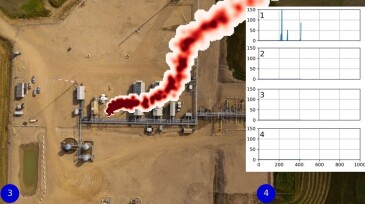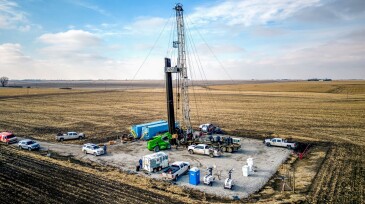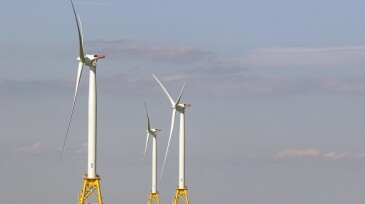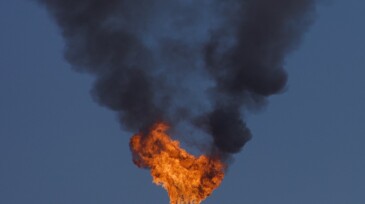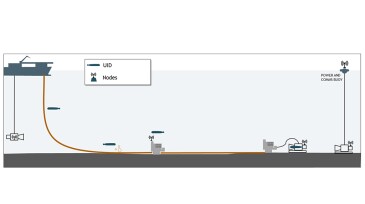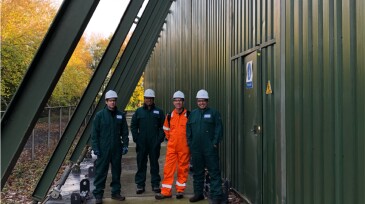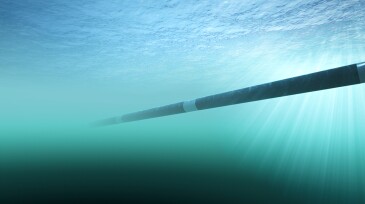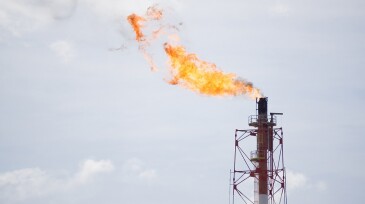Environment
This paper details a data-driven methodology applied in Indonesia to enhance flare-emission visibility and enable targeted reduction strategies by integrating real-time process data with engineering models.
This study presents the development of a biodegradable surfactant developed using principles of environmentally friendly chemistry from natural sources. The goal is to develop an effective and environmentally friendly surfactant that can emulsify and disperse oil to reduce its effects on marine environments.
This study ascertains the capital expenditure and operating expenditure associated with the reuse of existing facilities, specifically regarding a carbon capture and storage project being prepared in South Korea.
-
Large methane emissions occur from a wide variety of oil and gas industry sites with no discernable patterns, thus requiring methods to monitor for these releases throughout the production chain. This paper describes a continuous monitoring system based on the Internet of Things using methane concentration sensors permanently deployed at facilities and connected to a…
-
The government is offering its first major funding for the unexplored energy source.
-
The administration will cancel oil and gas leases in the Arctic National Wildlife Refuge and set aside more than half of the National Petroleum Reserve.
-
Government and industry leaders support the oil and gas industry's role in the energy transition.
-
The lease auction aims to advance the president’s commitment to deploy 30 GW of offshore wind energy by 2030.
-
The two main value drivers of the project were to minimize health, safety, and environmental effects and reduce greenhouse-gas emissions in line with the company’s goal of moving toward net zero by 2050 and to maximize hydrocarbon recovery.
-
The paper presents an overview of underwater inspection drones and identifies the necessary elements to take full advantage of the technology.
-
This paper presents a low-impact solution for well abandonment with fully electrified equipment that mostly uses grid power in an urban area.
-
This paper presents a discussion of main concepts, challenges, and opportunities relating to subsea system design for CO2 injection in carbon capture and sequestration applications.
-
This paper presents practical solutions to monetize small-volume associated gas and their resulting technoeconomic implications at five offshore locations.




